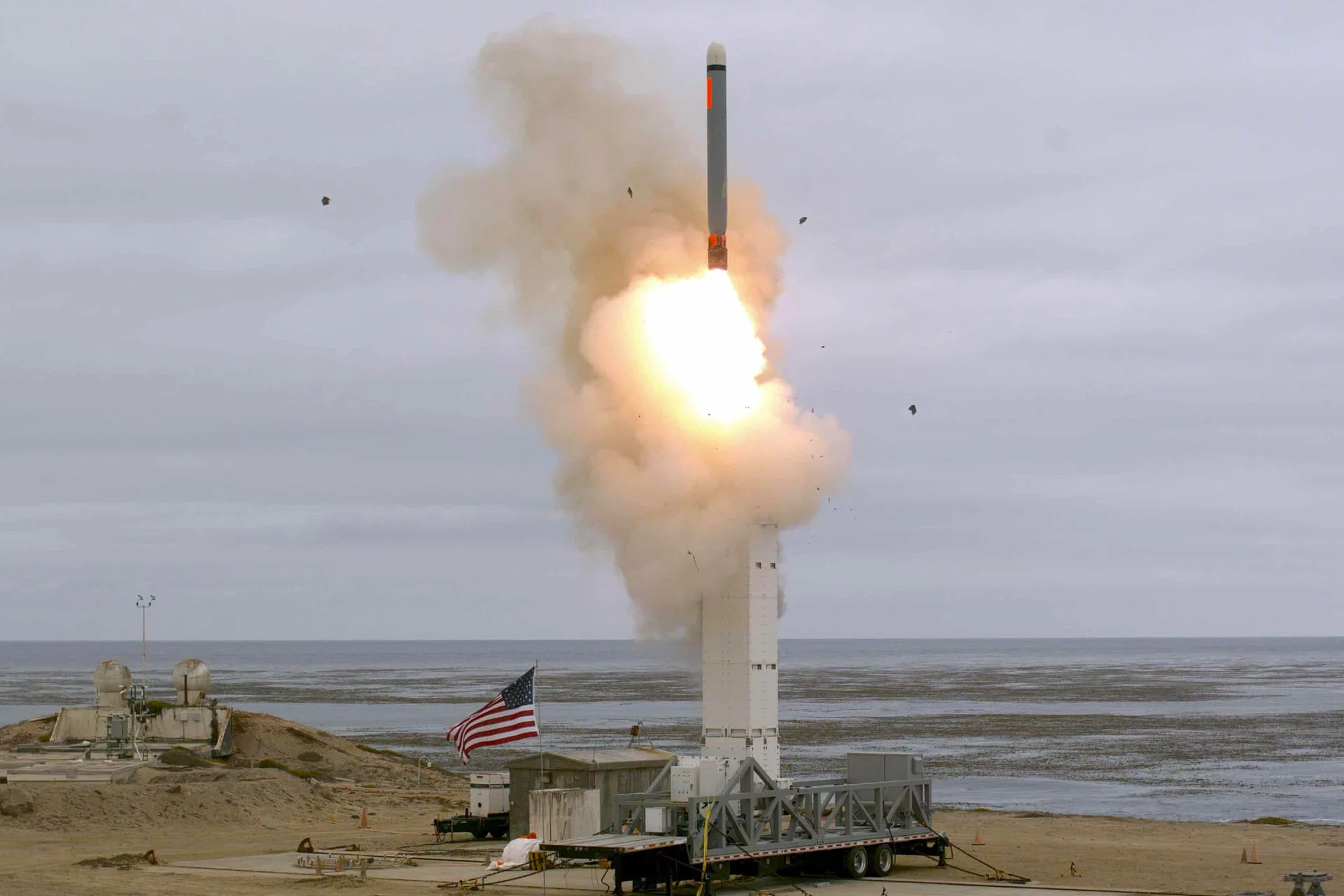In a significant move to bolster its operational capabilities, the French Navy is slated to acquire a fleet of Pilatus PC-24 jets, with the first deliveries anticipated by 2025. This strategic decision marks a new chapter in the Navy’s approach to maritime surveillance, reconnaissance, and rapid response, leveraging the unique versatility and robust performance of the Swiss-made business jet. The PC-24, often dubbed the “Super Versatile Jet,” is poised to transform how the French Navy conducts operations, particularly from challenging environments.
For years, naval forces worldwide have grappled with the inherent limitations of traditional aircraft, especially when operating in remote areas or from austere forward bases. The need for long, paved runways often restricts deployment options and can slow response times in critical situations. The French Navy’s adoption of the PC-24 directly addresses this challenge, as the aircraft is renowned for its exceptional ability to operate from short and even unpaved airstrips. This capability will be a game-changer, allowing the Navy to extend its reach and maintain a persistent presence in areas previously difficult to access.
Imagine a scenario where rapid deployment is crucial – perhaps for search and rescue operations in the remote reaches of the Atlantic, or for intelligence gathering in support of anti-piracy efforts off the coast of Africa. The PC-24’s ability to utilize smaller, less developed airfields means that French naval personnel can be on station faster and closer to the action. This flexibility is not just an operational advantage; it translates directly into enhanced safety, quicker response to emergencies, and more effective mission execution across a broad spectrum of naval tasks.
The choice of the Pilatus PC-24 is not accidental. This twin-engine jet stands out in its class for its impressive combination of speed, range, and unparalleled short-field performance. Designed with a robust landing gear and a large cargo door, the PC-24 can perform a variety of roles, making it an ideal multi-mission platform for the French Navy. Beyond its ability to operate from diverse runways, its spacious cabin can be quickly reconfigured to suit different mission requirements – from carrying specialized surveillance equipment and sensors to transporting personnel or critical supplies. This adaptability will allow the Navy to optimize its airborne assets, ensuring maximum efficiency and effectiveness.
Furthermore, the integration of the PC-24 into the French Navy’s fleet is expected to significantly improve intelligence, surveillance, and reconnaissance (ISR) capabilities. Equipped with advanced sensor suites, these jets will provide invaluable real-time data to naval commanders, enhancing situational awareness and decision-making during complex maritime operations. Whether tracking illicit activities, monitoring shipping lanes, or supporting humanitarian aid missions, the detailed information gathered by the PC-24s will be a vital asset.
The procurement process has been meticulously planned, with significant investments in training and infrastructure adaptations to seamlessly integrate the new aircraft. By 2025, when the first PC-24s are delivered, the French Navy will be poised to enter a new era of enhanced operational flexibility and responsiveness. This strategic acquisition underscores France’s commitment to modernizing its naval forces and ensuring they remain at the forefront of global maritime security. The Pilatus PC-24 is more than just an aircraft; it represents a strategic asset that will enable the French Navy to operate with greater agility, precision, and reach in an increasingly complex global environment. This investment is set to pay dividends for decades to come, solidifying the French Navy’s position as a leading maritime power.




